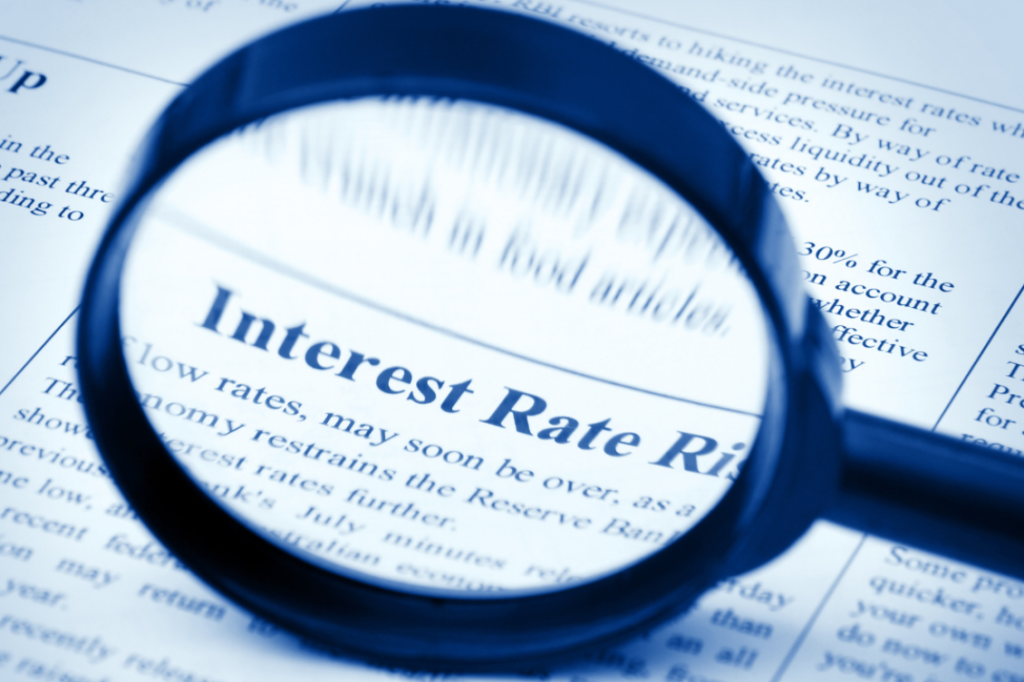
For many, the idea of buying a home in the next few years seems ludicrously impossible. Rising interest rates and tighter controls for banks around lending larger deposit sums mean home buying is off the table for a lot of Australians.
Rising interest rates have also recently been quoted as the ‘leading cause’ of elevated distress and even thoughts of suicide, taking over from the top spot from relationship breakdowns and feelings of isolation and loneliness.
The housing problem, in terms of its mental health effect, is partly one of interpretation and projection. The increasing number of ‘doom and gloom’ headlines that tell us we’re on the brink of disaster is a large part of that ‘crisis bubble’ that floats over our heads — and the horrible truth is that these scare tactics work.
There’s a reason we started this blog with some alarming findings. Scare tactics trigger an emotional response which makes us more susceptible to whatever comes next and more likely to invest our time in reading further.
‘Fearmongering’ is a tactic media groups, news outlets, and other industries use to gain attention. The actual amount of concern needed may be minimal, but a story that isn’t alarming, shocking or terrifying won’t sell as well. Shocking stories are also comparatively easy to run, because they’re largely a matter of finding agreeable statistics and arranging the language to sound alarming.
The problem with this is that fearmongering induces paralysis. Eventually, people get tired and tune out alarming news or distrust it entirely. But the increased chorus of negative news can cause us to feel low. Our natural inclination to follow the herd means that when we see enough responses in one direction, we’re likely to change our own feelings to realign with the majority.
In this media storm, it’s easy to feel like we, too, should be overly stressed. But how much by and what can we do about it?
The trouble with highly distressed news articles is that they offer no solution. Solutions are long-term things that take time and consideration. They’re the opposite of highly stressed and emotive.
Highly stressful and emotive problems prompt us to think in flight or fight patterns, an elevated state of panic. This causes us to consider rash but quick alternatives.
Too much exposure to this heightened state of fear can also cause emotional burnout and feelings of depression. This low-level state may continue when we feel we can’t do anything about our predicament or when we feel ourselves at the end of an ‘anxiety rollercoaster’, where we shift between states of high anxiety and stress and low depressive episodes.
The truth, however, is that the worldwide housing market is showing increasing runaway inflation levels. House values in the Australian market, at the time of this article, are decreasing, while anticipated interest rates have increased across the board from between 1 to as much as 9% for the next financial year.
What this means is that, for those looking to sell, many houses are worth much less than their original price. The instability of the housing market has decreased the attractiveness of lending out larger loans, which means taking out loans has more of a perceived risk (if you’re a bank lending to an individual or small business). This, among other reasons, is why interest rates have risen.
In the current market, making any long-term plans can seem difficult and uncertain. Just staying financially stable is hard enough. But it might also be high time to reevaluate certain goals.
For many, having a house is part of a status system. A house stands for success, security and peace of mind.
But, if we can learn anything from the current ‘housing crisis’, it’s that this is not so. Houses can be great financial assets for later in life. But they aren’t a guarantee of success.
Rather, we need to rethink what we think is important as a society. Measuring our own personal success and failure by our ability to own homes or other large ticket items can be detrimental to our mental health. It forces us into competition with others and makes us feel stressed when we’re not where we should be.
The first step is coming to terms with where you are currently. If you’re in a position where buying a house feels like the next step, then you’ll have somewhere else to live. It might be a flat, room or shared house, but it’s a space in which to be.
Compare this with owning a house. Yes, you technically own the house, but for most people owning means renting off the bank for the next thirty-plus years. By the end, you own an asset, but the asset is just a money deposit. You can still be secure and never own a house in your life.
How stressed we feel depends on how we think about ourselves and our relationships with others.
There’s little we can do to control the outside world, but there are steps we can take to control our own lives and emotions. How we think about success and how much we take onboard news scares can dramatically alter our mental health.
This blog is designed to help with mental health surrounding financial matters and is not a guide for investment or monetary advice. If you are under serious financial hardship, visit the National Debt Helpline for advice. This service exists to help those in debt or in substandard living conditions which are classified as hazardous to one’s health.
This service is also available for those with poor credit health or facing large, unpayable loans.